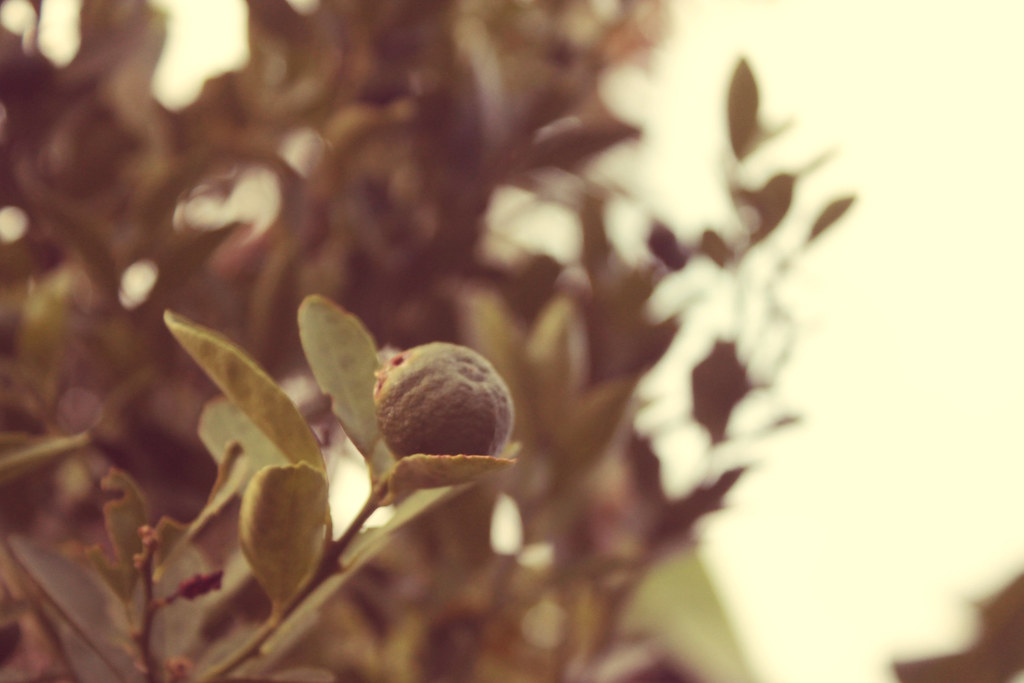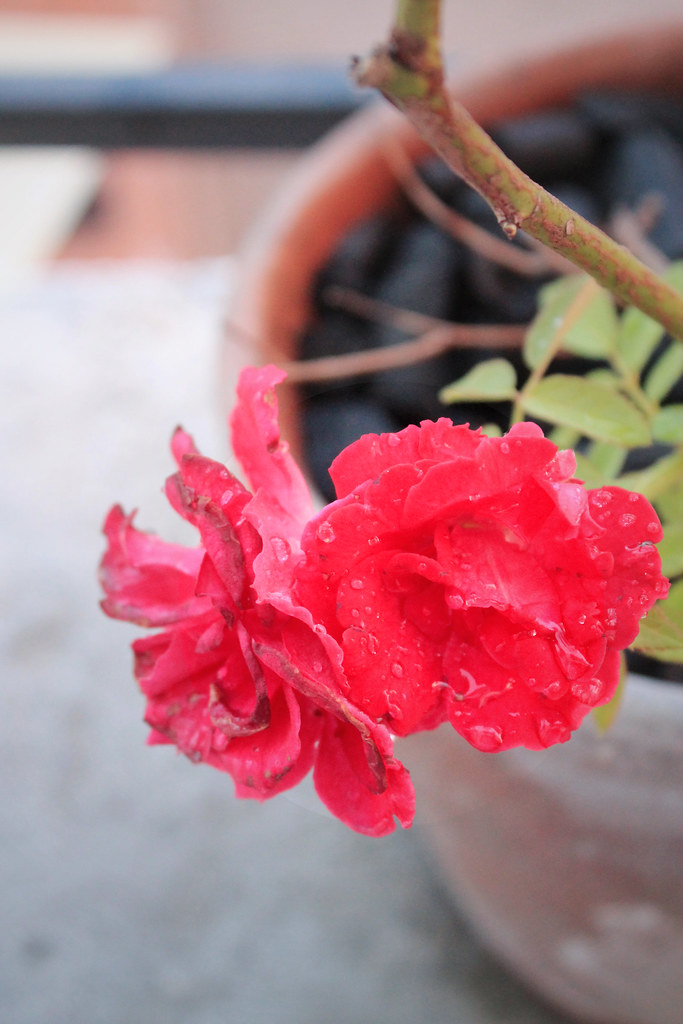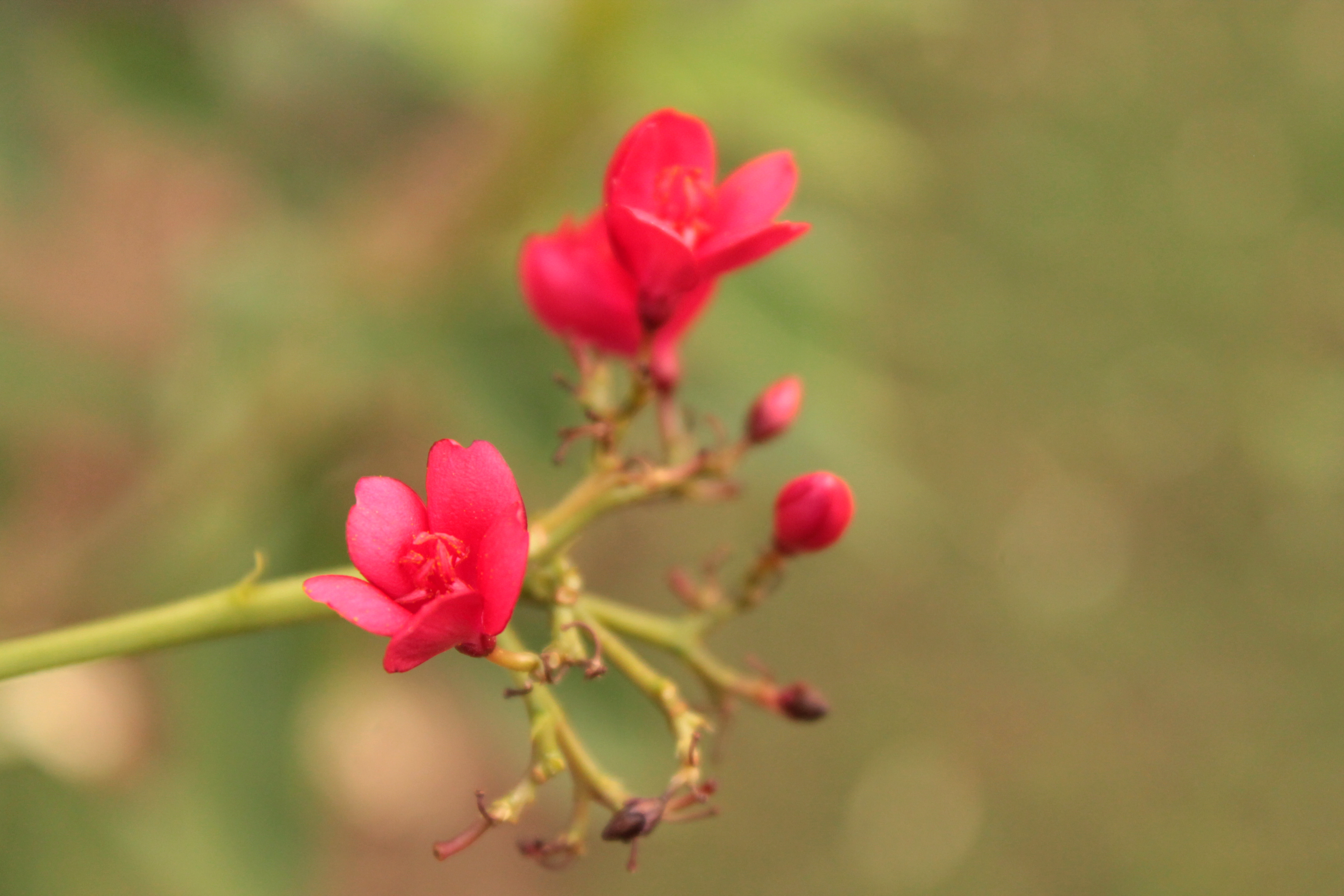28 May 2015
27 May 2015
New Chapter

I'm on my way to graduate school. Finally, after five turbulent years and procrastination, I'm pursuing my MA in clinical psychology. Two more steps before admission, including an interview tomorrow afternoon, kindly include me in your prayers.
06 May 2015
On Transience and Continued Existence
A physician once wrote of an encounter he had
with a young poet and his quiet friend. They spent one summer afternoon walking
through the countryside, looking through the beauty of nature and the passing landscapes
and Dolomites. He observed that the poet who, despite admiring the beauty of
the surroundings, expressed that he felt no joy in it. He was disturbed by the
fact that all this was fated to extinction, and that this landscape and its
lush vegetation will vanish when winter came, just like human beauty and life,
and ‘all that he would otherwise have loved and admired’ are losing their worth
by the inevitable doom which is the fate of all.
The doctor, in an attempt to console the poet, told him that the worth of things or people is not diminished by virtue of its ephemeral nature; rather, it increases its worth. He said, ‘Transience value is scarcity value in time’. That the beauty of nature after it was destroyed by winter comes back each spring; that a flower that blooms only once is not on any account less lovely, that a work of art or an intellectual achievement does not lose worth because of its temporal limitation.
To him, these were convincing arguments, but he noticed that his attempts to console the poet and his sympathetic friend did not make a remarkable impression upon them. He soon realized that there was an emotional factor which was affecting the two, and this is the revolt in their minds against mourning. They were expressing this view to avoid the pain or despair of having to accept the loss of something or someone, like in this case, the beauty of the summer landscape - which eventually through the transition to another season, will change or vanish. This emotion or thought prevents them from expressing joy, despite their admiration of it. The summer landscape in itself is representative to many other realities, goals, or beings which individuals have the capacity to admire, to be attached to, and sometimes, by all means, would secure and protect from being taken away from them.
But what causes the pain that results in mourning that these two individuals are wanting to avoid? According to the doctor (whom I will identify as we go on), at the earliest stages of life, human beings’ capacity for love is directed to their own selves. Later, still at those early stages, that love is directed to other objects or people significant in their lives like parents or immediate family members. If the objects or people with whom that love had been directed to, are destroyed or lost, that love is freed and then either directed towards other objects, pursuits or people, or return once again to the self. He says that ‘why this detachment’ of love from objects or people lost be such a painful process is a mystery. When that love clings to the beloved, and will not accept the loss or parting – that is the painful process of mourning.
But why are the two companions of the doctor refuse to ‘mourn’ by expressing their ‘lack of joy’ despite their admiration of the beautiful landscape? This brings us to another event in the physician’s life which, at some point will shed light to the mystery of why pain in loss and parting is an accompaniment of mourning.
The doctor learned the death of the daughter of a colleague of his. In expression of condolences, he shared his own experience that after losing his daughter and grandson, he ‘became tired of life permanently’. After proposing to his colleague a project which would serve as a ‘distraction’ to alleviate his grief, he told him, ‘one has the choice of dying oneself or acknowledging the death of the loved one, which again comes very close to your expression that one kills the person.’ This statement came after the doctor responded to his friend’s meditation on his own grief, which the latter described as a second killing of his child. Both thus expressed their belief that ‘every act of mourning conceals a betrayal, a kind of killing of the loved person by letting the person go; and that guilt over this murder endows mourning with its nearly bottomless agony, and explains why so many refuse, unconsciously, to mourn’. In mourning, by letting go of the dead, one kills again what one misses most; yet the sense of guilt for this ‘murder’ brings with it a renewal of life, because otherwise, swallowed by grief, the mourner would turn his back on life.
The doctor whom I had been referring to is a Viennese psychiatrist who founded the discipline of Psychoanalysis, Sigmund Freud. The events described in the idyllic summer walk with his two companions were written on a brief essay ‘On Transience’ which was intended as a contribution for a publication called ‘Das Land Goethes’. The essay in itself is a metaphorical representation of his encounters with people, including his patients, poets, friends, family members, a princess, and his daughter; it addresses a very important existential question: what value does life hold in the face of extinction?
What is most surprising is that the summer walk described on the essay, did not occurred at all. The conversation he had with his two companions, were likely to have been exchanged under chandeliers and crowded halls, during the fourth international psychoanalytical congress. His two companions were the poet Rainer Maria Rilke, and a psychoanalyst and writer, Lou Andreas Salome. What was described on the essay is a metaphor, a kind of literary remembering to make sense of troubling existential questions, to combine the summary of his encounters with people and their views, and the joy he felt in exploring nature and visiting the summer countryside with his family.
***
The existential question, love and loss, and the
pain or denials of mourning are universal concerns throughout the collective
history and experience of human beings. When confronted with the idea of
permanent extinction, this would provoke a sense of despair, confusion, or even
denial. After death, is that it? But what lies after ones death? Can one say
with a firm certainty that one knows where one is headed after his demise? To
term death as the end of everything would necessitate having to face a
multitude of other questions: What is the telos of life? Why is death
necessary? Why do we feel pain and grief on the loss of people, or even of our
own life? What is the worth of life: is it more or less and on what standards
will we judge it upon? One does not only live in the present. The present leads
to a future that one is working or waiting for. And throughout life, one is
always moving forward in anticipation of something that will occur in the
future. If death is the absolute end of life, then the means of what one is
doing now in the present only leads to it. Even if in between, a person may
anticipate something positive or work to achieve an immediate or long-term
goal, on the other hand, looking at the larger picture, aren’t these actions
only tiny steps leading towards the end, an end of which there is no certainty
of when and how it will come, and where it will lead to?
It is not surprising that human beings do not accept death as the ultimate end. If it is, then it will render useless and meaningless all endeavors, morality, beliefs and principles. It is, at the very least recognized as the end of life in a physical sense, but the mind recognizes that life has another dimension, that the human component is not at all entirely composed of a physical structure. The problem with materialist mentality is that it reduces everything in this world to the physical, ignoring the metaphysical even if is not capable of being disproven. If we are to look into civilizations, beliefs, and collective traditions throughout history and even in the present, the concept of an afterlife is universal. Where did this came from, except from Divine revelation and the innate nature of humanity, Fitrah to acknowledge it?
There is an aspect and a quality within a person that enables him to recognize that there is an intangible spirit within his being that will continue living in another dimension even if his physical body disintegrates. That spirit will continue to live, albeit in another dimension. Thus, even if he is conscious of the inevitability of physical death, there is an awareness that a part of him will still continue to live and exist. Going back on the concept of transience, we can affirm that in consideration of the physical aspect of a human being – death is the end, and therefore its physical life is transient. But as the doctor has said, death does not in any way make life less worthy because of its transience. Existence will still continue, not only in the physical sense as generations come one after the other, but on the individual level, that the spirit of the departed exists on another realm which we no longer have access to or capable of perceiving. On the 56th to 057th verses of Surah Al Rahman, it is written,
All that is on earth will perish: but will abide (for ever) the Face of thy Lord,- full of Majesty, Bounty and Honor.
No doubt, the question of loss of life baffles
many. One seeks answers to find more questions. In the case of the story of the
two people refusing to face the inevitability of mourning, the doctor
responding from his own pragmatic point of view – not unless one is acquainted
with the Divine revelation, they were all forced to face these questions
through speculation and wandering. Yes, by the soundness of an argument we may
be convinced by answers offered to us by those who have deeper insight on the
nature of life, but how would it be if we were not given the chance of
encountering them, where will we get the answers? What is the sense of it all,
where will it lead to? Where is the retribution for justice against the
unfairness of life? Why this beauty of nature must end, and why life is doomed
to the grave?
What an agony is the state of a person who does not acknowledge the existence of the Divine. He is left on his own, using his limited mind and judgment to reason out his own purpose. One is born into this world, passing through the stages of life reflecting (or refusing to reflect) as to why he is alive. If these questions are too hard to answer, he blocks everything out by means of distractions or refusal to accept and acknowledge that there is a reason.
What is noticeable with the observations of the doctor and his companions is that they were focused only on the immediate people around them and the ‘outward appearance of their surroundings’ and then equated what they see as the end within themselves. They did not acknowledge the presence of a Creator who brought what they are seeing into existence. And this is what blurs their minds – their refusal to believe in the Divine. The result is their existential anxiety, caused by their denial and refusal to accept and appreciate the wisdom of why all of that they see in nature at one point in time must appear, and then eventually must come to pass. Their minds were confused and so do their view of life, death, love, loss, and resurrection.
And they say: "What is there but our life in this world? We shall die and we live, and nothing but time can destroy us." But of that they have no knowledge: they merely conjecture.Surah Al-Jāthiyah: 24
For those who believe and observe nature around
them with minds not corrupted with distracting philosophical views (or
distorted Fitrah), they will recognize the truth and find the answers to
these questions. This world and this life of ours exist because of a purpose.
There is an intelligent and purposeful Creator who brought everything into
existence. The passing seasons, when plants wilt and then die, and grow and
bloom once again, are signs for us to our mortality and a time when we shall be
brought to life once again. For flowers to bloom again in spring is, at the
face of transience, there is a continuation of life. We cannot appreciate the
beauty of life by not acknowledging death: the transition to another realm or
stage of life which is no longer within the reach of our perception. These
things that occur in nature are not simply metaphors to be contemplated upon,
but are in fact pointing to the stage of human life beyond physical death.
They say: "What! when we are reduced to bones and dust, should we really be raised up (to be) a new creation?"
Surah Al-'Isrā' :49
This realization of a resurrection and an
afterlife is indeed universal throughout the history of humankind, which if I
may, is an integral part of the Fitrah (primordial nature to know the
truth) of every human being. Proofs of this are the countless motifs found in
individual narratives, traditions, literature, religious beliefs, and even in
philosophical meanderings. The reason why many people experience existential
anxiety and formulate unclear answers to questions relating to loss, purpose,
and justice is the blurring out of the concept of life beyond death, taking
account of one’s actions, and retribution against injustices in afterlife.
Be sure we shall test you with something of fear and hunger, some loss in goods or lives or the fruits (of your toil), but give glad tidings to those who patiently persevere, who say, when afflicted with calamity: To Allah we belong, and to Him is our return.Surah Al-Baqarah: 155-156
Yes, everything shall perish, but nothing shall
ever be lost forever because everything which is brought to existence serves a
lasting purpose. We may mourn for the loss of what is dear to us, but in the
realization that all things are subject to change and passing away, that they
are meant for something which we may have the ability to discern or not - the
pain and scars thus shall also heal in due time.
Photo Collections
Cats | Art Gallery | Books | Food & Drink | Travel | Quotes | Architecture | Nature & Garden
Labels
art
(70)
Baguio Series
(15)
book excerpt
(57)
essay
(36)
food
(39)
ideals
(148)
insights
(97)
introspection
(35)
med school
(10)
monthly photo snippets
(27)
notes
(31)
photography
(218)
places
(127)
poetry
(1)
psychology
(43)
recipes
(9)
review
(31)
science
(10)
travel
(76)






